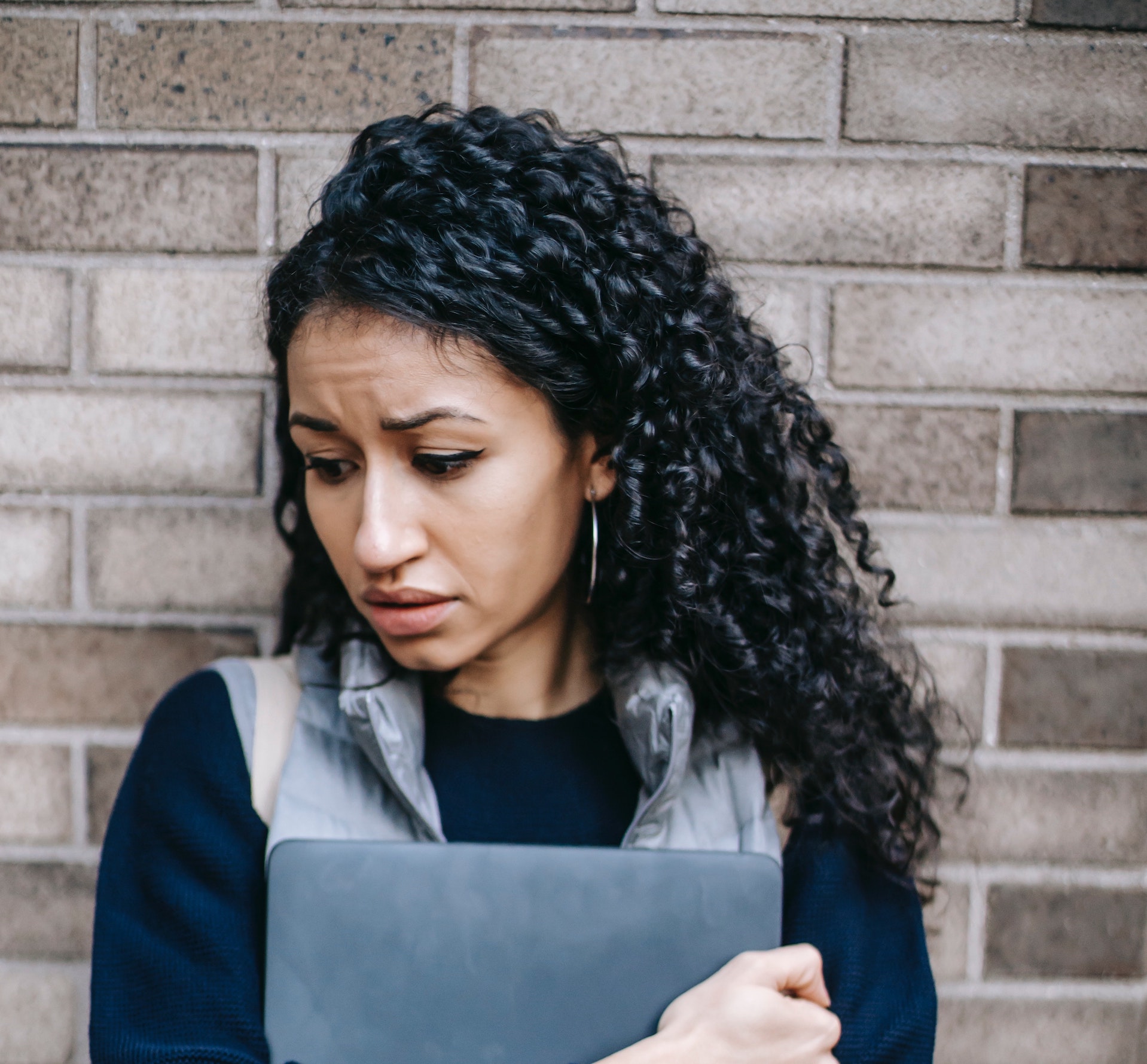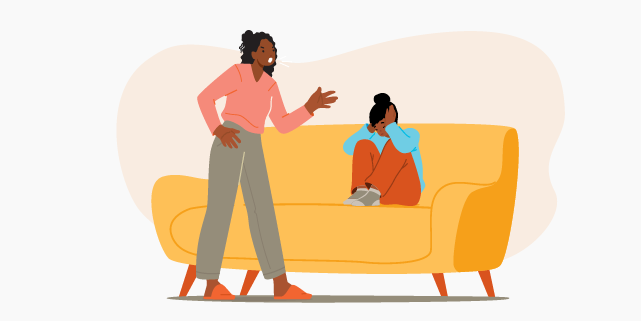Ask the Expert: How Can I Prepare My Child to Go Back to In-Person Schooling?
Many children have a hard time starting school, either for the first time or after a long summer break. But amid the COVID-19 pandemic with schools shutting down off and on and some only reopening part-time if at all, parents face a new challenge in sending off children, who have grown accustomed to long stretches at home, to school. We spoke to pediatric anxiety expert Dr. Joseph McGuire, assistant professor of psychiatry and behavioral sciences at the Johns Hopkins University School of Medicine, about how to prepare your child to go back to school.
Q: Parents already face the challenge of getting kids ready for back to school in August or September. How are the challenges similar to going back after a school shutdown?
A: Some of the challenges involve setting up a new routine. In summertime, it’s usually a mix of family time and time with friends, unstructured days, and everything is fun and there are no clear expectations. The lack of structure and family time are consistent with this time. Some are nervous to go back to school [and ask things like] “What does it mean if I get COVID?” Most are excited to see their friends and see what they missed. If kids have a great friendship network, it’s exciting. For the kids for whom school is really hard, those problems are going to be there when they return. They may have gotten picked on or felt ignored or invalidated, or sitting still was unbearable. The key is to talk through both the exciting aspects such as seeing friends and returning to normal, but also preparing for the challenges that come alongside it.
Q: How do I help my child get ready?
A: There are three strategies you can employ: 1. Prepare your child. 2. Utilize coping skills. 3. Manage expectations. Preparing your child means talking to them before they start school and as they adjust to going. Set aside time to have a conversation and ask questions and coach them along. Two weeks before school, ask them “Are you excited? Do you feel prepared? Do you have any questions?” Avoid leading them toward anxious responses. Don’t ask, “Are you anxious?”
Q: How important is routine?
A: Routines are great because then we know what to expect. This is true for parents and for kids. If the world is constantly changing from day to day, that is exhausting. You have to process that info. With routines we know what to do. “When I get to class, I have to sit down. I have to wear my mask.” If I don’t know where I’m going tomorrow, for some kids that’s fine. For a lot of kids, they are a little more anxious. Routine reduces some anxiety and builds in some structure. We can be more efficient in that time and engage in active learning.
Q: Children may be going from a quiet, carpeted private bedroom to a bright, loud classroom. What about sensory overload?
A: For kids who have a lot of sensory issues, I would start practicing. One of the best ways to overcome your fears is systematic small exposures. If a kid doesn’t like something on their face, but he has to wear a mask, have him wear a mask for increasing times leading up to the first day of school. You can set up a system: 10 days before school do it one hour per day then 90 minutes per day, and build up and give them rewards for building up to it. That’s also when a drive-by or walk-through can help. Children remember what a school room is like, what a cafeteria is like, but may need to be reminded of the experience to prepare to live it again and avoid (and prepare for) surprises.
Q: How will I know if my child is not doing OK?
A: A little bit of anxiety is good, but when it becomes overwhelming it’s important to look for signs. People deal with anxiety differently. Some internalize and bring it all inside. They worry and stay up at night and their mind goes a mile a minute. Other children externalize anxiety, which we see more often in young boys relative to young girls. They may be more active, more oppositional. Parents may not understand why their child is acting this way; it can be anxiety.
Things to look for:
1. Academics and feedback from the school. Are their grades tanking or are they performing OK? Communication with the teacher or guidance counselor is key.
2. Avoidance of school. Does your child have stomachaches? Avoidance of specific classes or teacher? Maybe that teacher doesn’t wear a mask or maybe the child is getting picked on in that class.
3. Behavioral changes. Are they having difficulty sleeping? Crying? Not hanging with kids they used to?
You can help your child by establishing and continuing an honest dialogue. A good model to follow is “I observe this. How is this going for you?” Try to give your child — and yourself — a way to express yourselves that is non-judgmental.
Excerpted from “Ask the Expert: How Can I Prepare My Child to Go Back to In-Person Schooling?” on PBS SoCal. Read the full article online for additional questions and answers.
Source: PBS SoCal | Ask the Expert: How Can I Prepare My Child to Go Back to In-Person Schooling?, https://www.pbssocal.org/education/families/ask-the-expert-separation-anxiety-and-re-entry-to-school | © 2021 – Public Media Group of Southern California
Do you need someone to talk to? To schedule an evaluation or to get advice about your child’s challenges, call or email a CHC Care Manager at 650.688.3625 or careteam@chconline.org CHC teletherapy services are available now.




